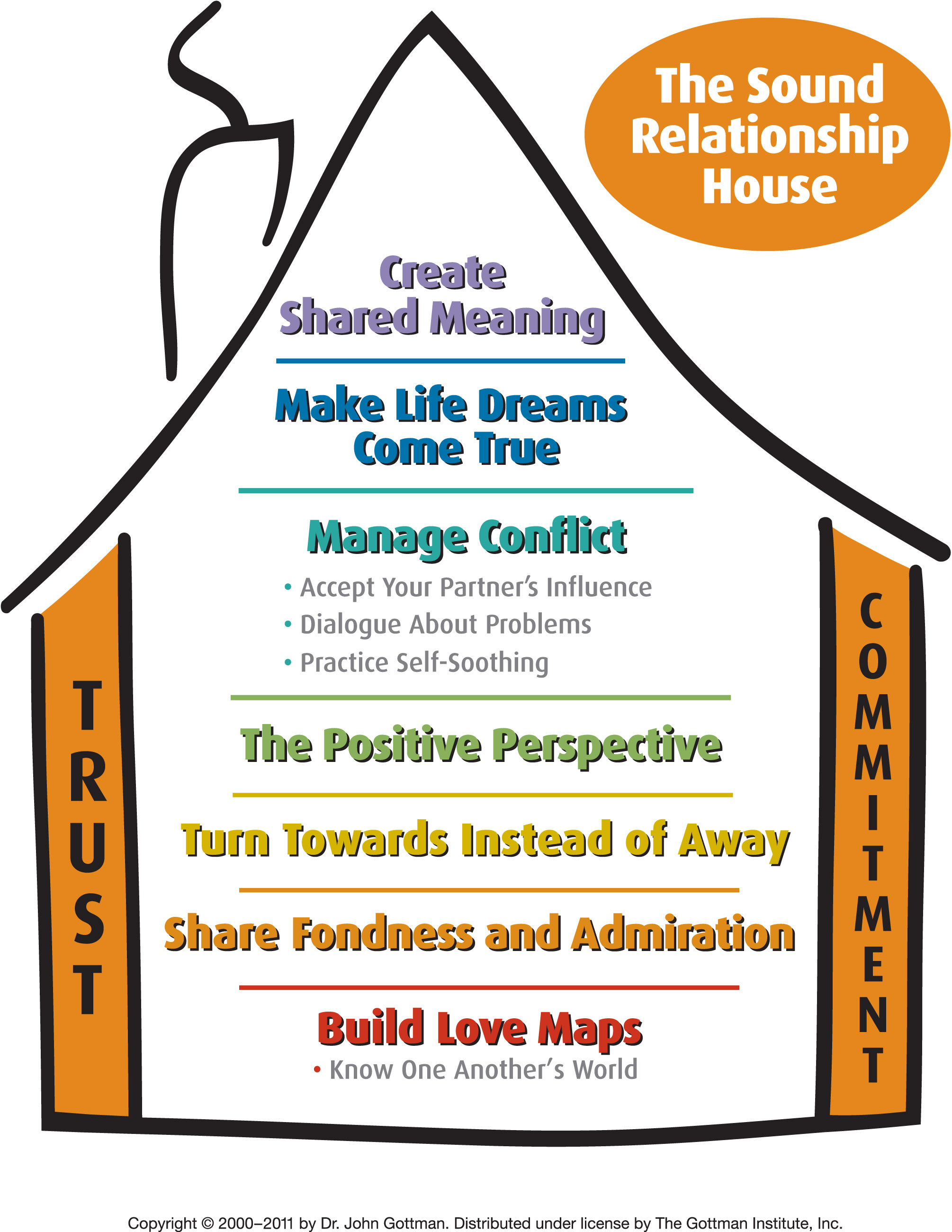
The Marriage Counseling Success Rate: What The Data Shows
by Counseling and Wellness Center of PittsburghJanuary 7, 2024 couples communication, couples counseling, couples therapists, couples therapy, gottman counselor, gottman method counseling, gottman method therapy, marriage counseling, marriage counseling near me, marriage counseling pittsburgh, marriage counseling statistics, marriage counseling success rate0 comments
What Is The Marriage Counseling Success Rate?
In this blog post, we will delve into the intricacies of marriage counseling, addressing common questions about the marriage counseling success rate. Our exploration will shed light on the effectiveness of marriage counseling, especially when conducted by therapists with specialized training, such as our dedicated...Learn More
8 Ways to Make Your Relationship More Comfortable
by Counseling and Wellness Center of PittsburghOctober 18, 2021 comfortable relationship, couples communication, couples counseling, couples therapy, healthy relationships, relationship, relationship conflict, relationship resolutions0 comments
Relationship Advice for Couples
At the start of a relationship, it’s perfectly normal and natural to feel nerves. You are still trying to present the best version of yourselves. Over time though and as the relationship progresses, it’s vital to learn how to feel comfortable in your relationship. A lack of comfort with your partner can prevent you from growing as a couple and can possibly...Learn More
8 Things you should do to make your relationship comfortable
by Counseling and Wellness Center of PittsburghSeptember 24, 2019 comfortable relationship, counseling south hills, marriage counseling monroeville, marriage counseling south hills, marriage counseling wexford0 comments
8 Things you should do to make your relationship comfortable
comfortable relationship
Have a disagreement! Most of us in the clinical world agree that it takes at least 2 years for a person to trust enough to become really honest about their past, present, and futures. If you haven’t disagreed with your partner, you don’t really have a relationship, its an acquaintanceship.
Don’t tell...Learn MoreThe steps to a sincere apology that counts!
by Counseling and Wellness Center of PittsburghSeptember 17, 2019 communication exercises, couples communication, south hills counseling0 comments
The steps to a sincere apology that counts!
Apology in relationship
If you have made a mistake in your marriage or relationship then congrats, you are like the rest of us who work hard to do our best but sometimes fumble. One of the ways that couples get really off track in relationships however is that they do not know how to make up after having a big fight, they don’t know how to make an...Learn More
Couples Counselor verified; 6 ways that Couples Can Stop Arguing about Household Chores
by Counseling and Wellness Center of PittsburghAugust 25, 2019 chores, marriage, marriage and family, national institute of health, relationship, way couples can stop arguing about household chores0 comments
Couples Counselor verified; 6 ways that Couples Can Stop Arguing about Household Chores.
Cleaning and how to manage it with some degree of harmony is a topic that comes up often for couples, it ranks right up there with finances and parenting in terms of hot button relationship issues. The research weighs in, according to the National Institute of Health, in relationships where both...Learn More
Gottman Method Marriage Counseling
by Counseling and Wellness Center of PittsburghMarch 19, 2019 gottman counselor, gottman marriage counseling, gottman method counseling, marriage counseling near me, sound relationship house0 comments
Gottman Method Marriage Counseling
Gottman Method Couples counseling is a form of therapy created by Drs John and Judy Gottman, which aims to support a positive and constructive relationship between two married or dating partners. Gottman method counseling is grounded in research and is proven to be one of the most effective ways to help couples enhance their relationship. The theory...Learn More
